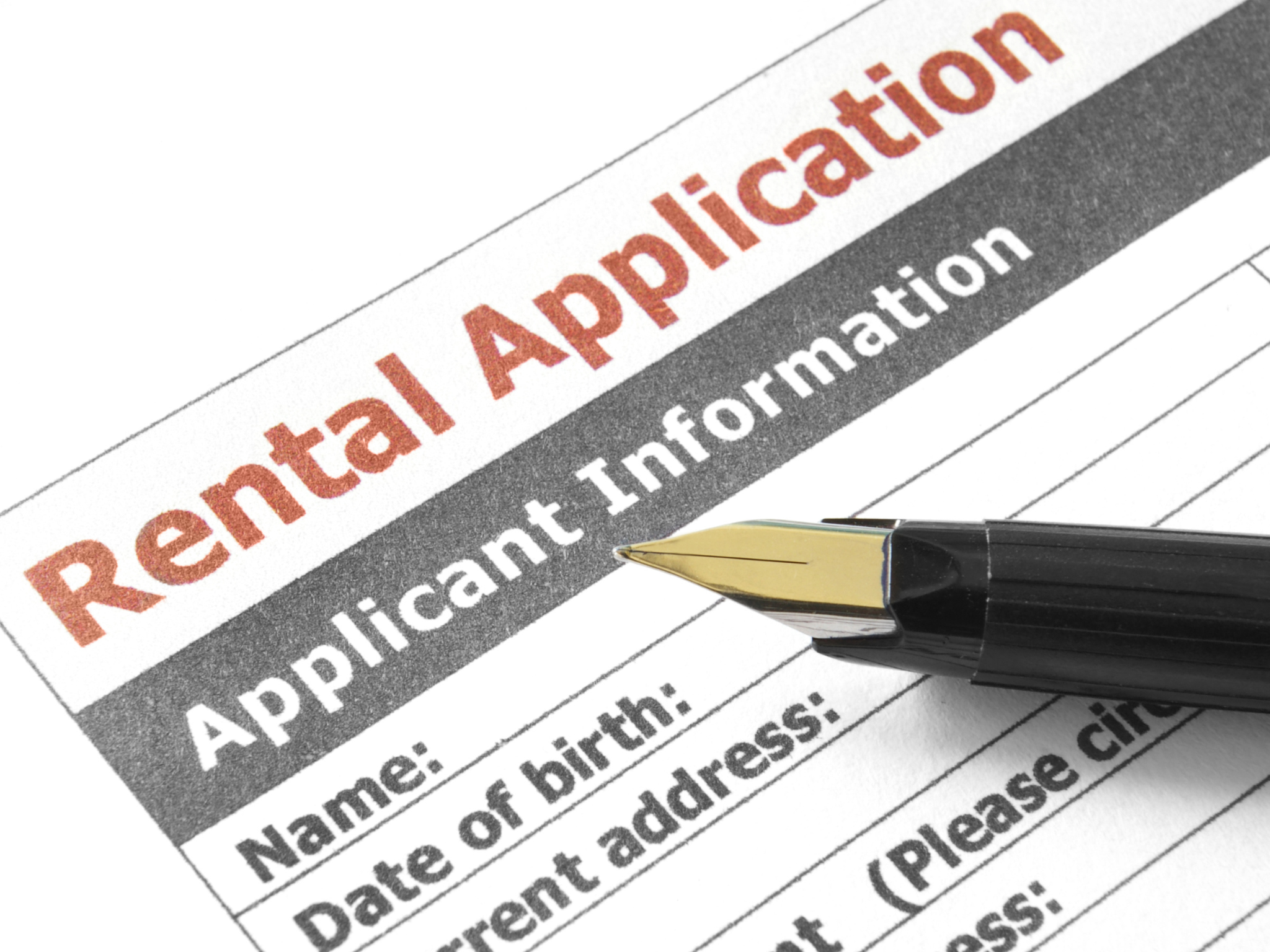The landlord verification process is a critical step in tenant screening, ensuring that landlords select reliable and responsible tenants. This process involves verifying a prospective tenant’s rental history, financial stability, and behavior through various checks and references. In this comprehensive guide, we will explore the landlord verification process, its importance, and best practices, with expert insights from Albert Dweck of Duke Properties. We’ll cover everything from contacting previous landlords to conducting background checks, providing you with the knowledge you need to make informed decisions.
What is the Landlord Verification Process?
The landlord verification process is a method used by landlords to assess the suitability of potential tenants. This process involves gathering and authenticating information about a tenant’s rental history, financial stability, and overall behavior. By verifying this information, landlords can make more informed decisions and reduce the risk of renting to problematic tenants.

Key Steps in the Landlord Verification Process
-
Rental Application
The first step in the landlord verification process is to have the prospective tenant complete a rental application. This application should include essential information such as:
- Personal details (name, contact information, etc.)
- Employment history
- Income information
- Rental history
- References
Insights from Albert Dweck of Duke Properties
Albert Dweck, the CEO of Duke Properties, emphasizes the importance of a thorough rental application. “At Duke Properties, we ensure that our rental application forms are comprehensive and detailed. This initial step helps us gather all the necessary information to begin the verification process,” says Dweck.
-
Contacting Previous Landlords
One of the most important steps in the verification process is contacting the applicant’s previous landlords. This helps verify the tenant’s rental history and provides insights into their behavior as a tenant.
Questions to Ask Previous Landlords:
- How long did the tenant rent from you?
- Did the tenant pay rent on time?
- Were there any complaints or issues with the tenant?
- Did the tenant take good care of the property?
- Would you rent to this tenant again?
Importance of Contacting Previous Landlords
Contacting previous landlords can reveal valuable information about the tenant’s reliability and behavior. It helps landlords avoid renting to individuals with a history of late payments, property damage, or disruptive behavior.
-
Conducting a Credit Check
A credit check is an essential part of the landlord verification process. It provides insights into the tenant’s financial stability and ability to pay rent on time.
What to Look for in a Credit Check:
- Credit score
- Payment history
- Outstanding debts
- Bankruptcies or foreclosures
Insights from Albert Dweck of Duke Properties
Albert Dweck highlights the importance of credit checks in tenant screening. “At Duke Properties, we conduct thorough credit checks to ensure that our tenants have a history of financial responsibility. This helps us minimize the risk of late payments or defaults,” says Dweck.
-
Verifying Employment and Income
Verifying the tenant’s employment and income is crucial to ensure they have the financial means to pay rent consistently. This can be done by contacting the tenant’s employer and requesting proof of income, such as pay stubs or bank statements.
Questions to Ask Employers:
- Is the tenant currently employed?
- What is the tenant’s position and salary?
- How long has the tenant been employed at this company?
- Is the tenant’s employment stable?
Importance of Verifying Employment and Income
Verifying employment and income helps landlords assess the tenant’s ability to afford the rent. It provides assurance that the tenant has a stable source of income and reduces the risk of financial issues.
-
Conducting a Background Check
A background check is another critical component of the landlord verification process. It helps identify any criminal history or past evictions that could indicate potential problems.
What to Look for in a Background Check:
- Criminal records
- Eviction history
- Legal issues
Insights from Albert Dweck of Duke Properties
Albert Dweck stresses the importance of background checks. “At Duke Properties, we conduct comprehensive background checks to ensure the safety and security of our properties and tenants. This step helps us identify any red flags that could pose a risk,” says Dweck.

-
Checking References
In addition to contacting previous landlords and employers, checking personal references can provide further insights into the tenant’s character and reliability.
Questions to Ask References:
- How do you know the tenant?
- How long have you known the tenant?
- Can you describe the tenant’s character and behavior?
- Would you recommend the tenant as a reliable renter?
Importance of Checking References
Personal references can provide a more holistic view of the tenant’s character and behavior. They can offer additional assurance that the tenant is responsible and trustworthy.
Best Practices for the Landlord Verification Process
- Be Consistent
Apply the same verification process to all prospective tenants to ensure fairness and compliance with fair housing laws. Consistency helps avoid discrimination claims and ensures that all applicants are evaluated equally.
- Document Everything
Keep detailed records of all verification steps, including notes from conversations with previous landlords, employers, and references. Documentation can be invaluable in case of disputes or legal issues.
- Use Professional Services
Consider using professional tenant screening services to streamline the verification process. These services can provide comprehensive reports on rental history, credit, and background checks.
Insights from Albert Dweck of Duke Properties
Albert Dweck recommends using professional services for tenant screening. “At Duke Properties, we utilize professional tenant screening services to ensure thorough and accurate verification. These services help us make informed decisions and protect our investments,” says Dweck.
- Communicate Clearly with Applicants
Keep applicants informed throughout the verification process. Clear communication helps manage expectations and builds trust with potential tenants.
- Follow Legal Requirements
Ensure that the verification process complies with all relevant laws and regulations, including the Fair Housing Act and state-specific landlord-tenant laws. This helps avoid legal issues and ensures a fair and transparent process.
Conclusion
The landlord verification process is a crucial step in tenant screening, helping landlords select reliable and responsible tenants. With insights from Albert Dweck of Duke Properties, it’s clear that a thorough and consistent verification process is essential for successful property management. By following the steps and best practices outlined in this guide, landlords can make informed decisions, protect their investments, and maintain positive landlord-tenant relationships.
